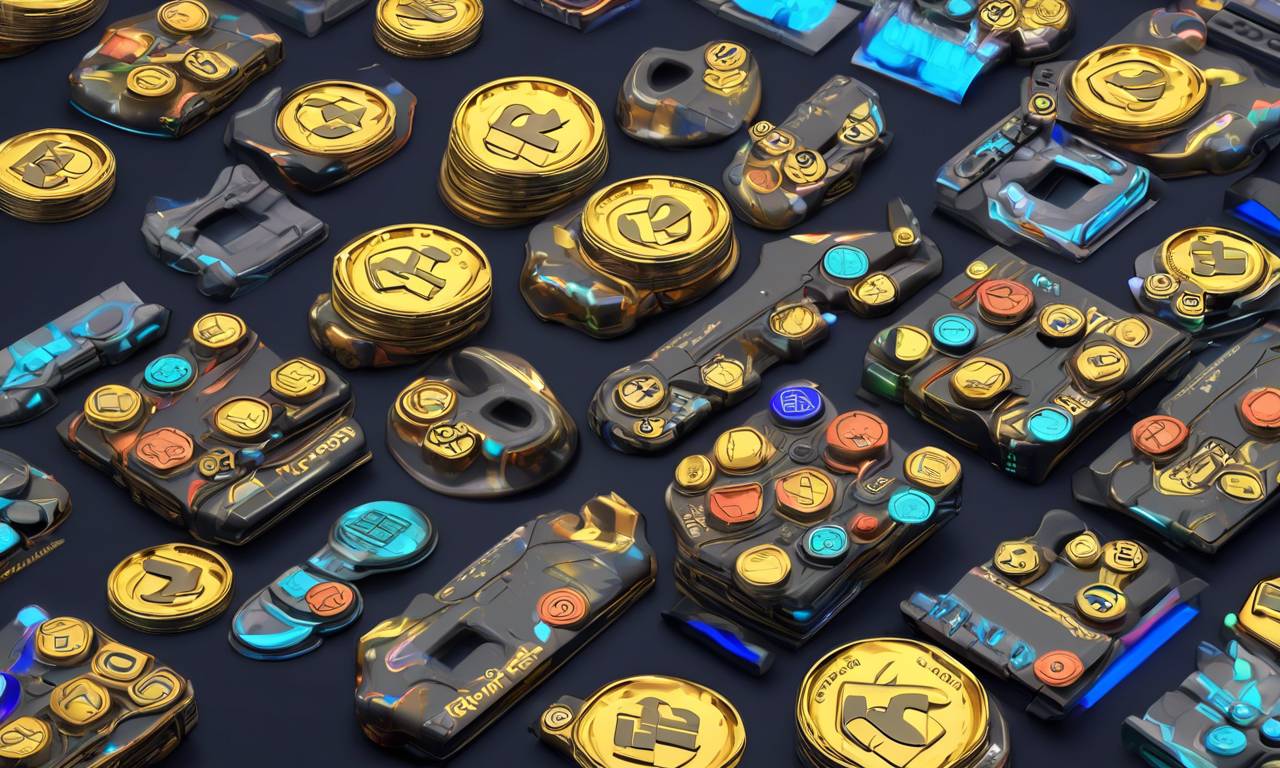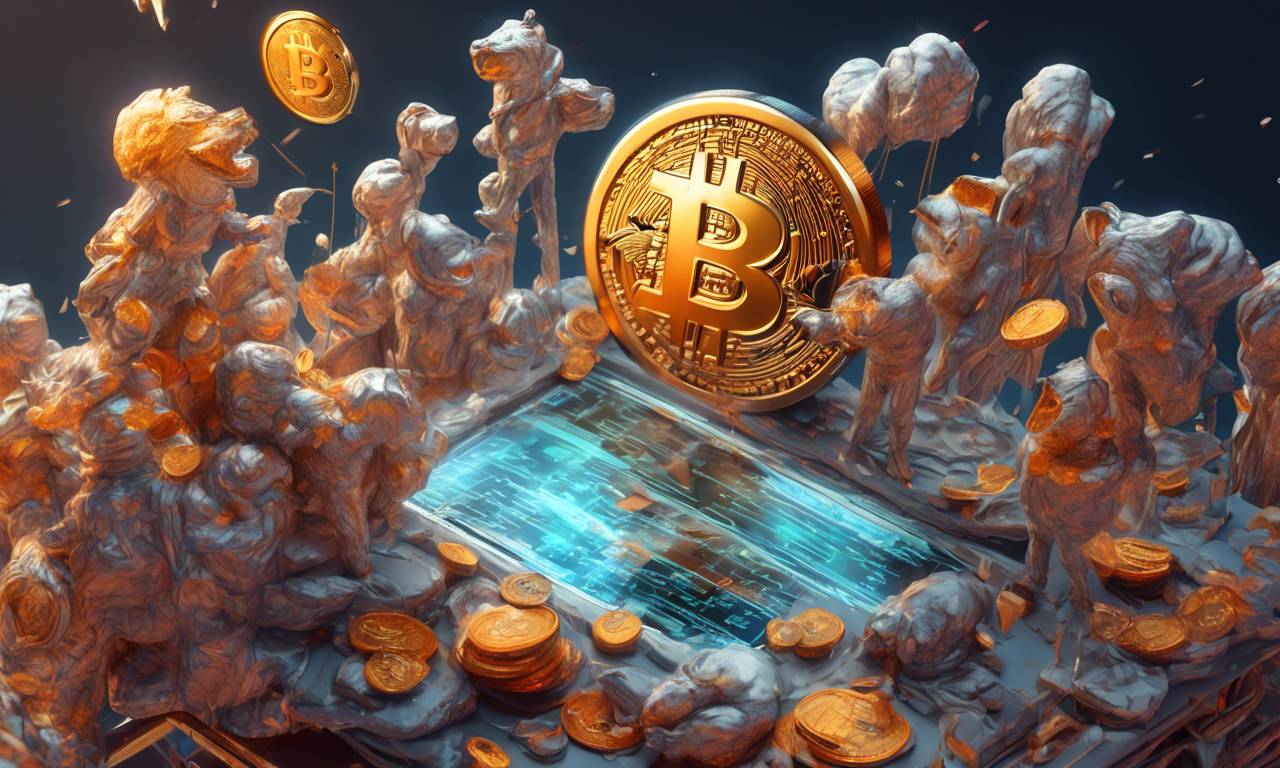Sony Patent Application Hints at Super-Fungible Tokens for Games
A recently published patent application from tech behemoth Sony, the maker of PlayStation, has revealed the concept of “super-fungible tokens” for games. These tokens would be stored on a distributed ledger and transferable from player to player.
In traditional video games, players often invest money in in-game assets like skins or battle passes. However, when they eventually grow tired of the game, they are unable to sell these assets and must accept them as a sunk cost. Blockchain gaming aims to change this by introducing the ability to buy, sell, and trade in-game assets.
The patent application filed by Sony outlines a process of tracking gaming assets associated with a player on an “electronic device” and generating metadata based on those assets. This metadata would then be used to create a super-fungible token, which is essentially a bundle of various non-fungible tokens (NFTs). The token is created by storing the metadata on a distributed ledger associated with the gaming application.
While the patent does not specify whether the distributed ledger would be public or private, it suggests that Sony may launch its own chain for this purpose. Regardless of the type of blockchain used, NFT adoption from a major player like Sony would be a significant development for blockchain enthusiasts.
Super-Fungible Tokens: What Are They?
Super-fungible tokens are bundles of unique in-game assets that are tokenized as NFTs. These assets can include skins, weapons, vehicles, and more. If Sony decides to implement this patent, it would allow players to truly own their in-game assets.
However, it’s important to note that Sony has yet to confirm if it plans to roll out this functionality anytime soon. The company may choose to impose restrictions on the use and financialization of in-game assets if it opts for a private chain.
It’s worth mentioning that this isn’t the first time Sony has explored the use of NFTs in PlayStation games. In a previous patent application, Sony focused on enabling players to own and transfer in-game assets between different games. However, the company stated that existing gaming consoles are not technologically equipped to support an open NFT ecosystem.
What Does This Mean for Gamers and the Industry?
If Sony moves forward with implementing super-fungible tokens and allowing NFTs in its games, it could have several implications for gamers and the gaming industry as a whole:
- Ownership: Players would have true ownership over their in-game assets, giving them the freedom to buy, sell, and trade as they please.
- Economic Opportunities: The introduction of NFTs opens up new economic opportunities within the gaming ecosystem. Players could potentially earn real-world value by selling rare or valuable in-game assets.
- Interoperability: If Sony succeeds in creating an open NFT ecosystem, players may be able to transfer their assets seamlessly between different games and platforms.
- Marketplace Development: The integration of NFTs could lead to the development of robust marketplaces where players can easily discover, buy, and sell in-game assets.
Overall, Sony’s interest in super-fungible tokens indicates a growing recognition of blockchain technology’s potential within the gaming industry. While there is no confirmation of when or how Sony will implement these features, it’s clear that blockchain gaming has captured the attention of major players like Sony.
Hot Take: A Leap Forward for Blockchain Gaming
Sony’s patent application for super-fungible tokens is a significant step forward for blockchain gaming. If Sony decides to incorporate NFTs into its games, it could have a profound impact on the industry:
- Mainstream Adoption: Sony’s involvement would bring blockchain gaming to a wider audience and potentially encourage other game developers to follow suit.
- Innovation: The introduction of NFTs in games could spark innovation and creativity, as developers explore new ways to incorporate blockchain technology into gameplay.
- Economic Empowerment: Players would have more control over their gaming experiences and the ability to monetize their skills and assets.
While there are still uncertainties surrounding Sony’s plans, the patent application signals a positive development for the future of blockchain gaming. As the industry continues to evolve, we can expect further advancements that redefine the relationship between gamers, developers, and in-game assets.





 By
By

 By
By
 By
By

 By
By